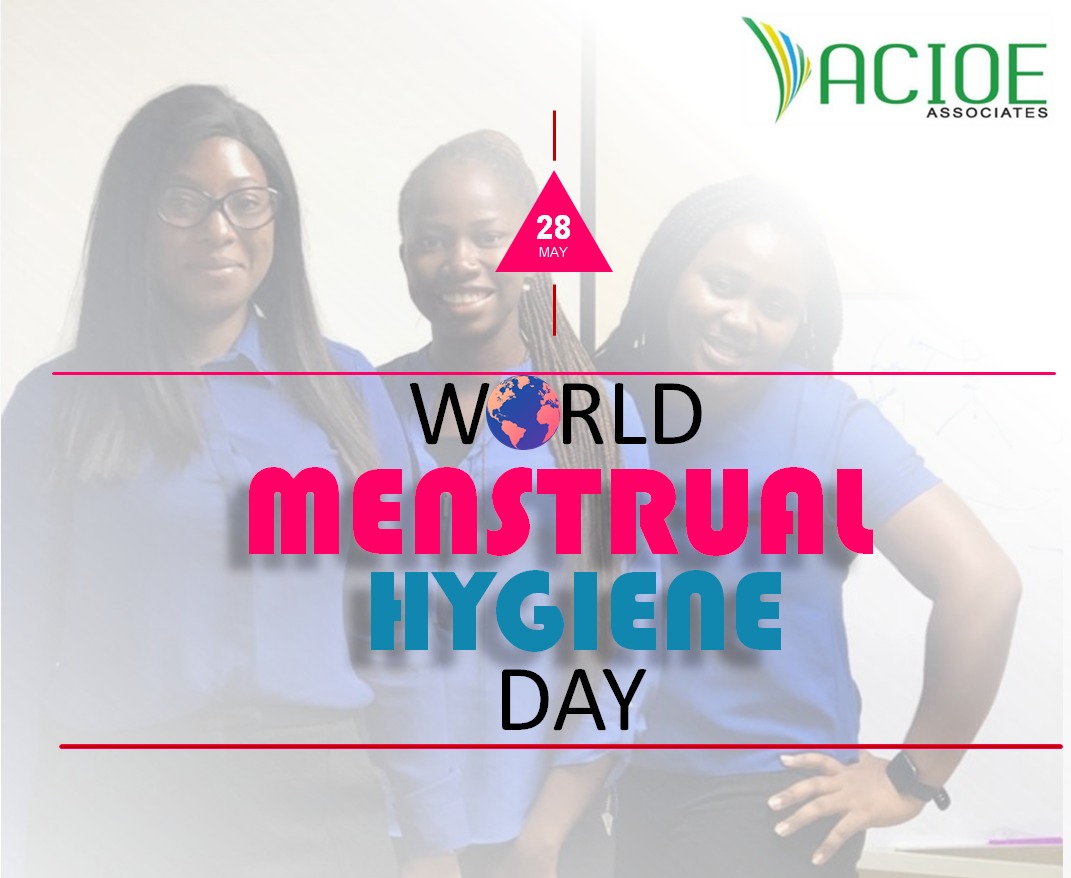Menstrual Health Day
May 28 is an annual international awareness day dedicated to Menstrual Hygiene. Menstrual Hygiene Day aims to create and increase consciousness around menstrual hygiene while highlighting its fundamental roles in enabling women and girls worldwide to reach their potentials.
Menstrual Hygiene Management (MHM) refers to the availability and access to facilities and materials to meet menstrual hygiene needs. At least 500 million women and girls lack adequate facilities for Menstrual Hygiene Management (MHM) globally ; the COVID-19 pandemic further exacerbated this. It brought about severe secondary impacts on girls’ and women’s ability to manage their menstrual hygiene and health. The most affected were the poorest and most vulnerable to economic and social shock, especially in countries where menstrual products are taxed, including Nigeria, thus putting further strain on women and girls from underprivileged communities.
The main goals of Menstrual Hygiene Day include breaking menstrual taboos, which still exist in some societies where menstruating women are considered ritually unclean, as well as spreading information about proper menstrual hygiene. There is a need for collective efforts to change the negative social norms surrounding menstruation worldwide; according to the United Nations, one in ten girls in sub-Saharan Africa misses school during their menstrual cycle, adding up to 20 per cent of the school year. With the multiple challenges, women and adolescent girls face, promoting Menstrual Hygiene Management (MHM) is an essential step towards safeguarding women and girls’ dignity and overall life opportunities.
The 2021 theme “We need to step up action and investment in menstrual health and hygiene now” echoes the urgent need for everyone to step up and take responsibility. Also, we need to become a collective force in bridging the gaps period poverty has created in the lives of many young girls and women globally.


